
It’s that time of year; the seasons are changing and with them come thoughts of the upcoming holidays, family get-togethers, and planning for a new year. Those who are on the fence about whether or not now is the right time to buy don’t have to look much further to find four great reasons to consider buying a home now, instead of waiting.
1. Prices Will Continue to Rise
CoreLogic’s latest Home Price Index reports that home prices have appreciated by 6% over the last 12 months. The same report predicts that prices will continue to increase at a rate of 5.4% over the next year. The Home Price Expectation Survey polls a distinguished panel of over 100 economists, investment strategists, and housing market analysts. Their most recent report projects home values to appreciate by more than 3.5% a year for the next 5 years.
The bottom in home prices has come and gone. Home values will continue to appreciate for years. Waiting no longer makes sense.
2. Mortgage Interest Rates Remain at Historic Lows
Freddie Mac’s Primary Mortgage Market Survey shows that interest rates for a 30-year mortgage have remained at or below 3.5% for 13 consecutive weeks. The Mortgage Bankers Association, Freddie Mac & the National Association of Realtors are in unison, projecting that rates will increase by this time next year.
Any increase in rates will impact YOUR monthly mortgage payment. A year from now, the percentage of your income that you spend on housing will increase substantially if you choose to wait.
3. Either Way You Are Paying a Mortgage
Everyone should realize that, unless you are living with your parents rent-free, you are paying a mortgage - either your mortgage or your landlord’s. As a paper from the Joint Center for Housing Studies at Harvard University explains:
“Households must consume housing whether they own or rent. Not even accounting for more favorable tax treatment of owning, homeowners pay debt service to pay down their own principal while households that rent pay down the principal of a landlord plus a rate of return. That’s yet another reason owning often does—as Americans intuit—end up making more financial sense than renting.”
4. It’s Time to Move on with Your Life
The ‘cost’ of a home is determined by two major components: the price of the home and the current mortgage rate. It appears that both are on the rise.
But what if they weren’t? Would you wait?
Look at the actual reason you are buying and decide whether it is worth waiting. Whether you want to have a great place for your children to grow up, you want your family to be safer or you just want to have control over renovations, maybe now is the time to buy.
If the right thing for you and your family is to purchase a home this year, buying sooner rather than later could lead to substantial savings.
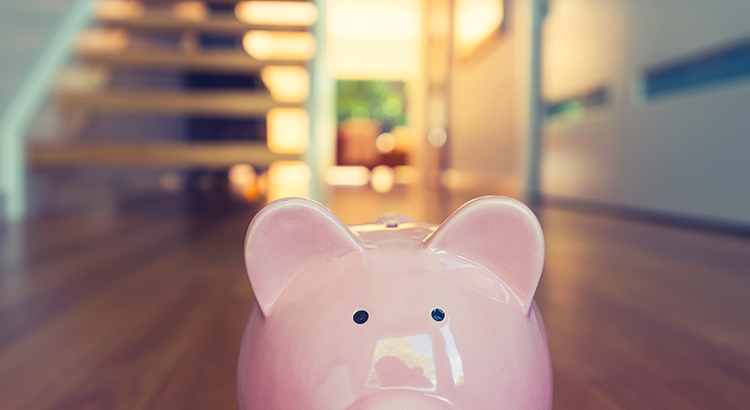

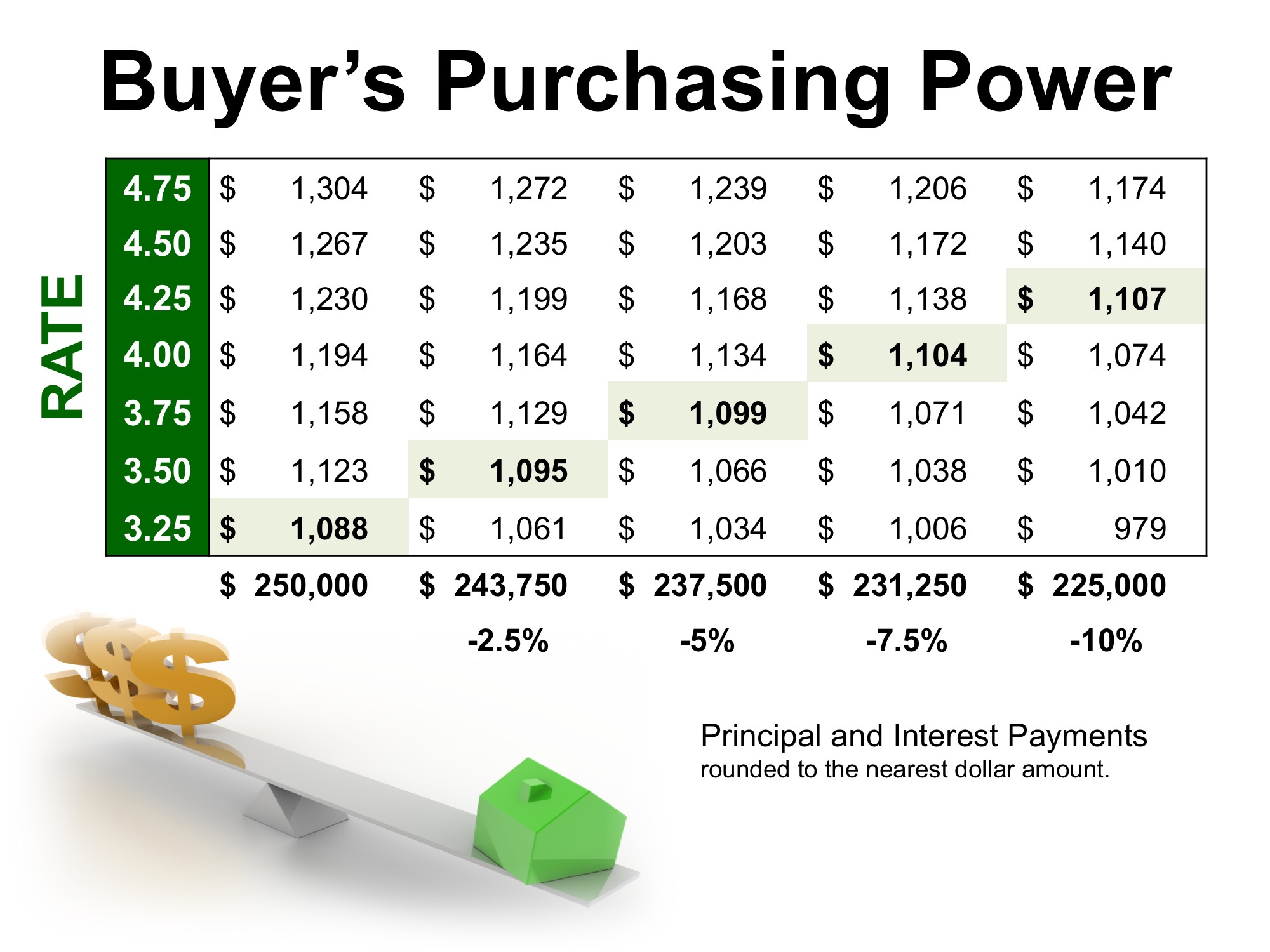

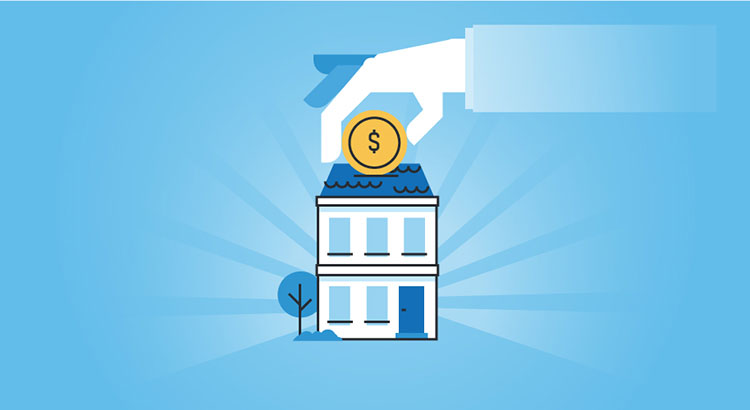
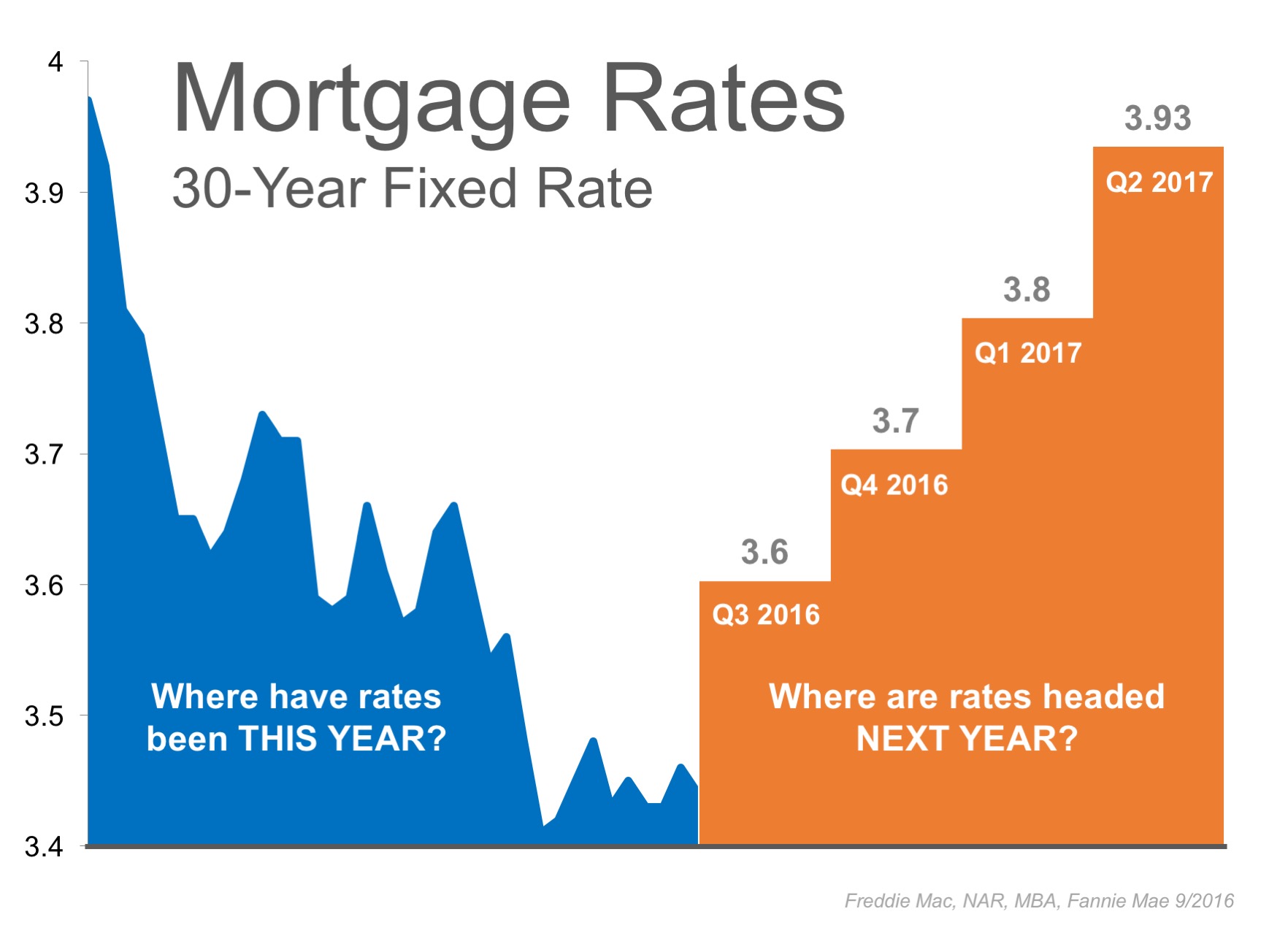
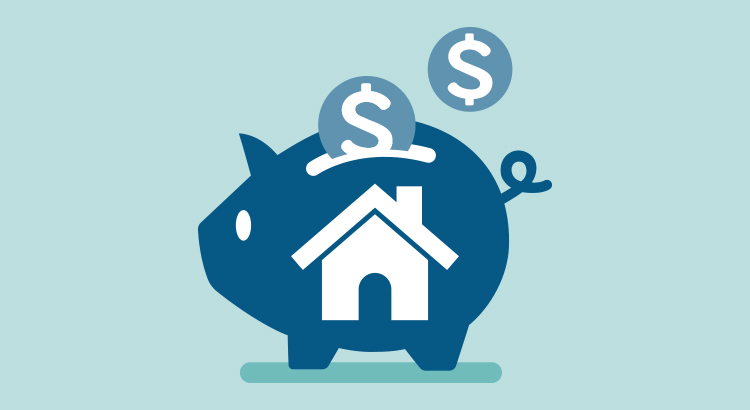

![Sales at Highest Pace in 9 Years [INFOGRAPHIC] | Simplifying The Market](../../wp-content/uploads/2016/06/Sales-Highest-in-9-Years-STM-.jpg)
